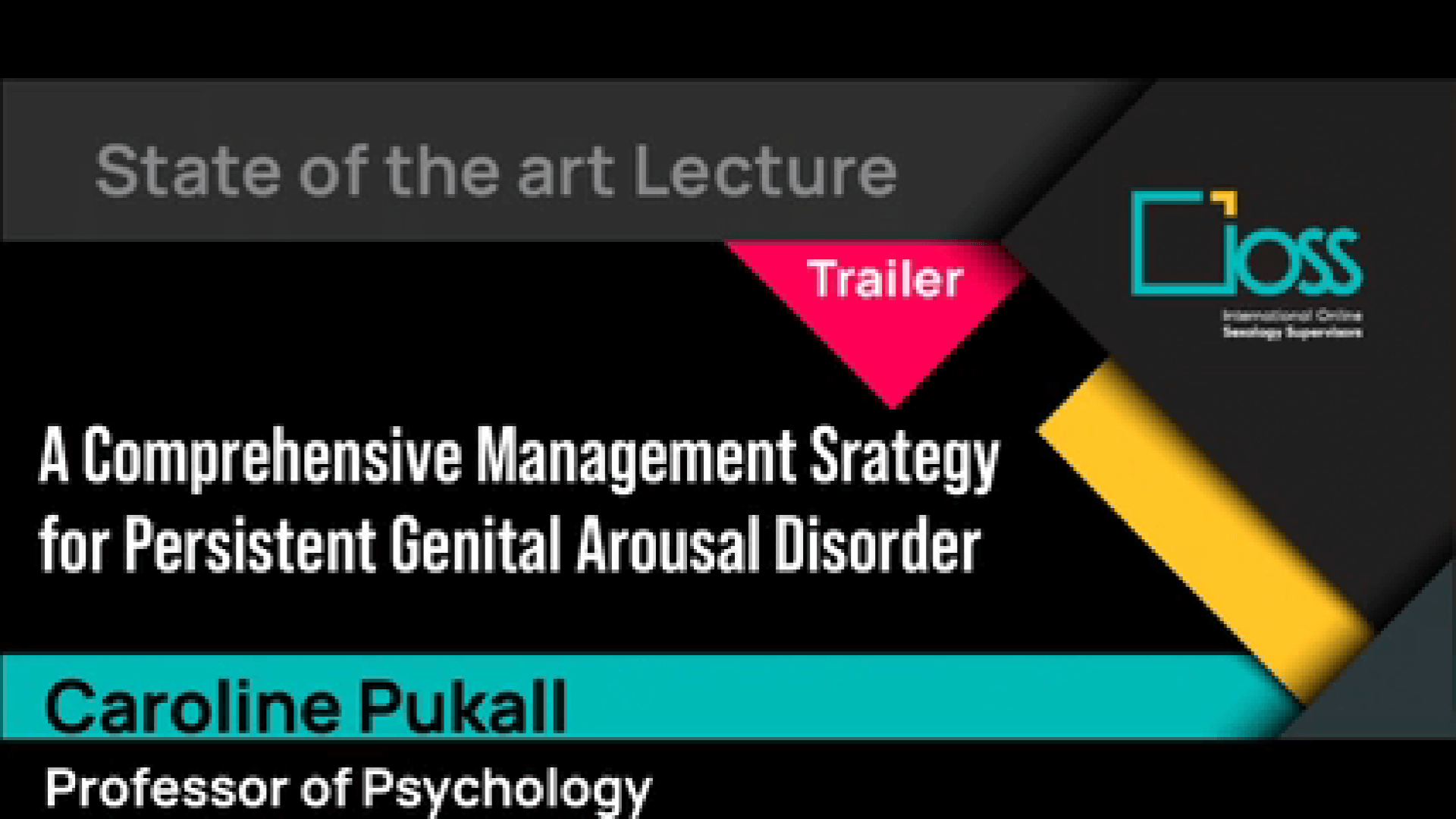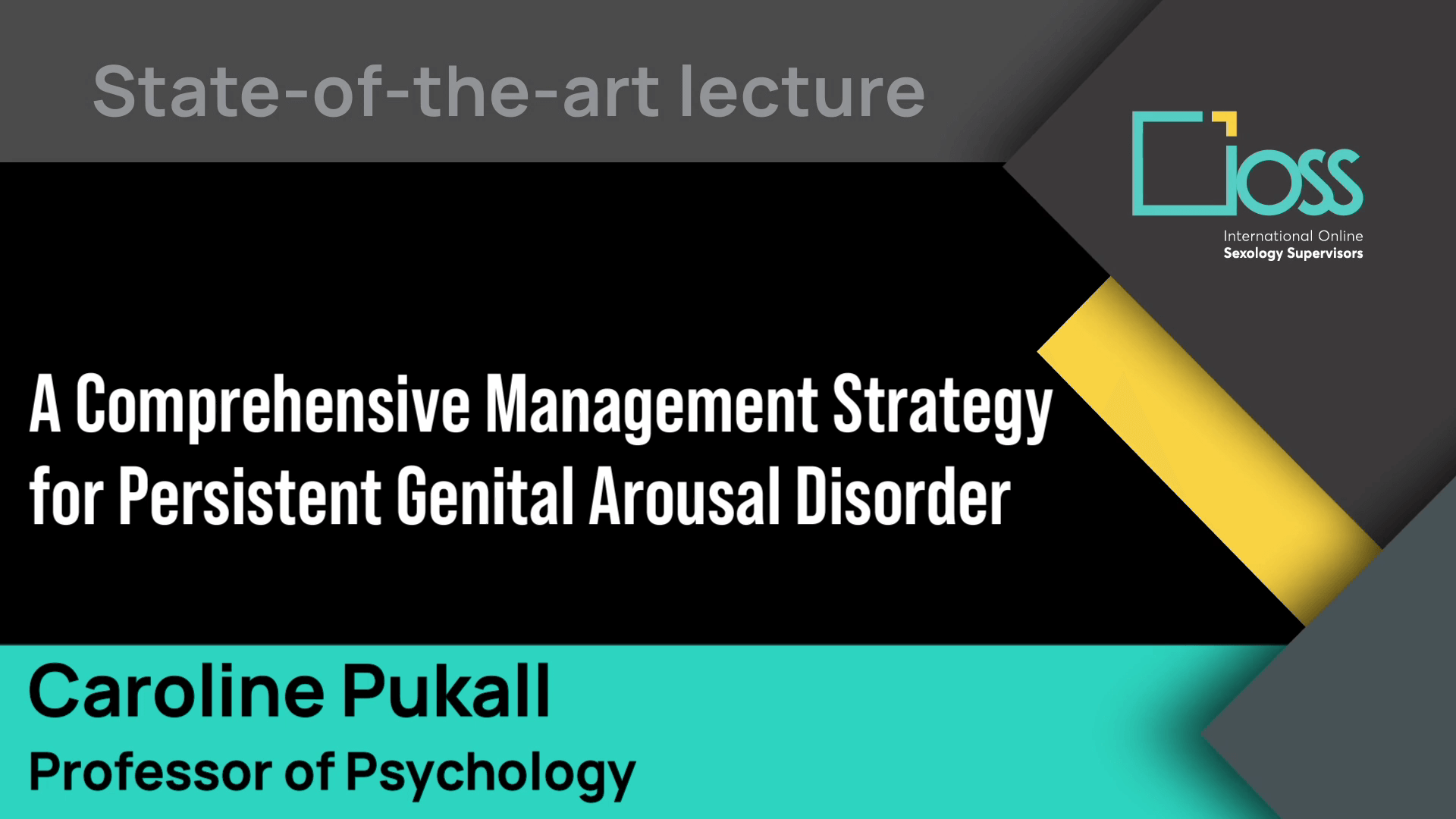A Comprehensive Management Strategy for Persistent Genital Arousal Disorder
1h 50m
Caroline Pukall
Professor of Psychology
 Trailer
Trailer Get AccessFull Video
Get AccessFull VideoContent and aim: Persistent Genital Arousal Disorder/Genitopelvic Dysesthesia (PGAD/GPD) affects approximately 4% of individuals of all genders, yet this condition is highly misunderstood. Characterized primarily by persistent, unwanted, and distressing sensations of genital arousal in the absence of sexual desire, those with PGAD/GPD face significant barriers in the health care system. Research has only recently begun to examine symptomatology, psychosocial correlates, physiological contributors, and treatments for PGAD/GPD, and much remains to be discovered about this multifactorial condition. In this course, one of the leading experts on this topic, Prof Caroline Pukall, will discuss the most current diagnostic criteria of PGAD/GPD, empirically based evidence related to factors involved in its development and maintenance, and essential features of a comprehensive assessment and treatment plan for PGAD/GPD.
Learning objectives:
- To describe the most recent diagnostic criteria for PGAD/GPD and the range of symptoms experienced by people with this condition;
- To recognize the factors that contribute to the expression of PGAD/GPD, including psychosocial and physiological factors;
- To understand the current evidence related to the treatment of PGAD/GPD and the limitations of the state of the literature in this domain; and
- To recognize the complexity of a comprehensive assessment of those with PGAD/GPD.
Produced in 2023

Caroline Pukall
Professor of Psychology
Lecturer
Dr. Caroline Pukall (she/her) is a Tier 1 Canada Research Chair in Sexual Health, Professor of Psychology, Director of the Sexual Health Research Laboratory (sexlab.ca), and Director of the Sex and Relationship Therapy Service in the Department of Psychology at Queen’s University in Ontario, Canada.
Her research focuses on genitopelvic dysesthesias, specifically vulvodynia, persistent genital arousal disorder, and other aspects of sexual health. She has published more than 170 articles and chapters, has been involved in more than 500 presentations, and has written several books. She has also contributed to and led treatment recommendation guidelines for genitopelvic dysesthesia through various international organizations, most recently, the International Consultation of Sexual Medicine. Over her productive career, she has obtained more than 6.4 million dollars in research funding, primarily from national funding agencies.


